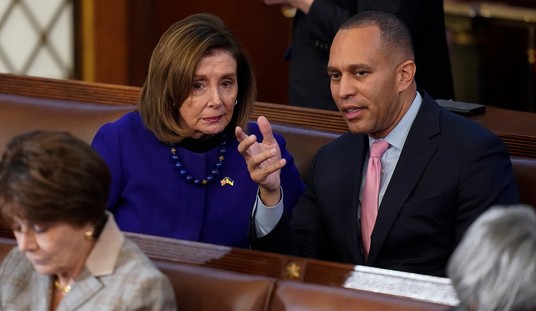“The greatest weariness comes from work not done”
-Eric Hoffer
For Republicans in the Golden State, results from the November 2016 election were dire. Democrats unseated three Republican members of the State Assembly and gained a seat in the State Senate. These losses, taken together, give the Democrats a “supermajority” in the state legislature. As the Los Angeles Times reported shortly after the election: “With a supermajority, a political party can raise taxes, place measures on the statewide ballot, enact laws immediately with an ‘urgency’ clause and override a governor’s veto.”
With Democrats controlling all the levers of power in California, higher taxes, aggressively liberal policies (read: “sanctuary cities”), and more business-killing environmental regulations are inevitable.
But in this last election, Donald Trump carried traditional “Blue Wall” states of Wisconsin, Pennsylvania, and Michigan - repudiating these exact policies.
Why was California different?
California was different because California Republicans didn’t feel the wave that Donald Trump lit in other parts of the country.
In fact, Republican candidates in vulnerable districts in California tried their best to distance themselves from the reality star turned GOP nominee.
There was a time just a few weeks ago when it was impossible to turn on a television or radio without getting yet another example of Mr. Trump’s unfitness for office because of his latest crass/sexist/racist/climate-denying gaffe. Polite people told other polite people in polite company that the Republican candidate was an embarrassment, and if you didn’t know that either you were impolite or an embarrassment yourself.
County Republican parties likewise steered clear of their party’s nominee, not mentioning Mr. Trump in any literature, door knob hangers or other get-out-the-vote materials. They did their best to ignore that the GOP nominee even existed.
Popular opinion and professional political-types converged in the belief that Trump would never win, and anyone who associated with him wouldn’t win either.
So California’s Republican Assembly and Senate candidates avoided any reference to Mr. Trump. They didn’t mention him in campaign mail. They didn’t endorse him. One Republican Assembly candidate even went out of his way to de-emphasize he was a Republican (“the INDEPENDENT candidate for State Assembly”) for fear of being associated with Mr. Trump.
Recommended
It turns out California Republican candidates needed Mr. Trump more than Mr. Trump needed them.
There was never any doubt that California would deliver its 55 electoral college votes to Mrs. Clinton, so other than supporting his party, there was no incentive for Mr. Trump to campaign to spend time or resources here. In fact, Golden State Republicans were shipped to work in “target states” or asked to phone bank in Nevada. (That didn’t go well either, maybe because the Nevada Senate candidate, Joe Heck, also distanced himself from Trump?) Add to that a slate of state and local candidates who wanted nothing to do with the Republican presidential candidate - or actively distanced themselves from him - and Mr. Trump and his campaign made the completely rational decision to put their resources elsewhere. California’s Republicans were left to fend for themselves.
This was a lost opportunity.
The state Republican Party is responsible for getting out the vote, no matter who the party’s candidates are. It’s up to the candidates themselves to convince you to vote for them.
By neglecting their main focus because they were unhappy about the top-of-the ticket candidate, the California Republican Party lost perhaps hundreds of thousands of voters state-wide. These voters would have cast their ballots for Republicans – perhaps shrinking Hillary Clinton’s popular vote total nationally – but more importantly they would have had more voters to help the local candidates who steered clear of Mr. Trump – the way the party steered clear of him.
Shortly after the election Trump’s State Director for California boasted that the president-elect’s campaign and California State Republican Party “didn’t make one get-out-the-vote phone call or walk one precinct in California.”
The gasp from the gathered GOP officials in the audience was audible, particularly after the losses suffered in the State Assembly and Senate. Could a little effort by the state party and local candidates for Mr. Trump made a difference in the lower ticket races?
California’s GOP has four years to think about that question.

























Join the conversation as a VIP Member